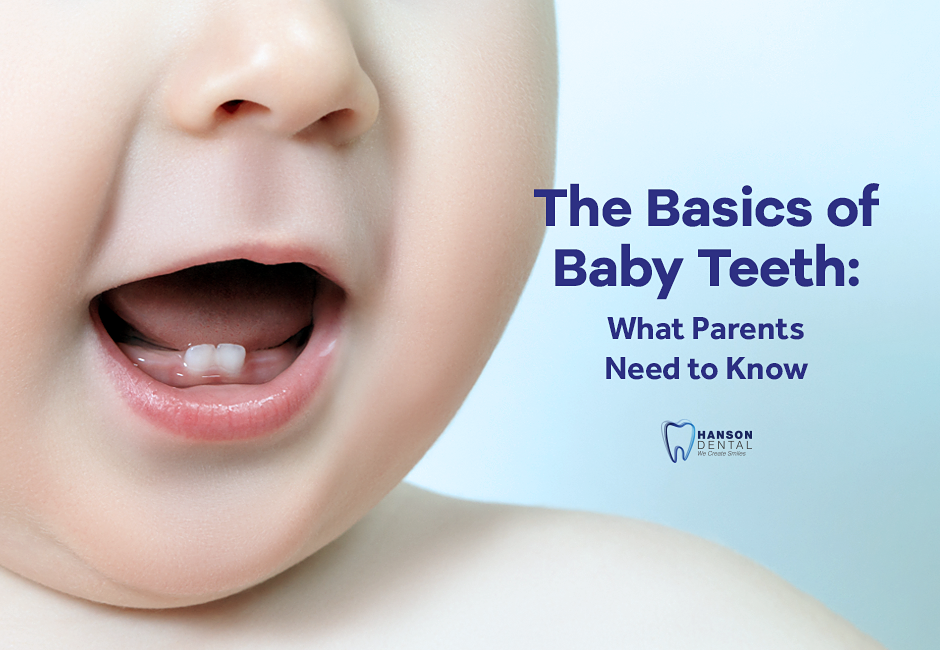Blog Introduction: When it comes to their children, parents want to make sure they’re doing everything right. That’s why it’s important to have all the facts when it comes to caring for your kids—including their teeth. Here’s what you need to know about baby teeth.
When Do Baby Teeth Start Coming In?
The average baby starts getting teeth around six months old, but some babies may start sooner and some may start later. The two bottom front teeth are usually the first to come in, followed by the top front teeth. The rest of the teeth will come in over the next few years.
How Long Do Baby Teeth Last?
Most baby teeth will fall out on their own between the ages of six and seven years old. The molars, or back teeth, are usually the last to go.
What Are Some Common Problems With Baby Teeth?
Cavities are one of the most common problems with baby teeth. Cavities happen when acids from plaque (a sticky film that contains bacteria) eat away at the enamel, or hard outer coating, of teeth. Plaque forms when food and drinks high in sugars and starches are not completely removed from teeth. Sugary drinks, like juice and soda, can also lead to cavities.
To help prevent cavities in your child’s teeth:
- Start cleaning your child’s gums as soon as his or her first tooth comes in using a soft cloth or infant toothbrush dipped in water.
- As your child gets older and more teeth come in, brush his or her teeth twice a day using fluoride toothpaste made for children under two years old (a pea-sized amount). Once your child is two years old, you can start using a pea-sized amount of regular fluoride toothpaste to brush his or her teeth.
- If you use fluoridated water at home, continue giving your child fluoridated water throughout childhood so that his or her newly developing permanent (adult) teeth will be strong and resistant to decay. If you don’t use fluoridated water at home, ask your dentist if supplements are right for your child.
- Limit sugary drinks and snacks throughout the day. You can also help reduce cavities by encouraging your child to drink more water instead of sugary beverages.
You should take your child to see a dentist when he or she gets his or her first tooth—or no later than his or her first birthday. Good oral health habits should be started early so that your child will have a lifetime of healthy smiles!
Caring for baby teeth is important for several reasons: they help children speak clearly and chew properly; they hold space for permanent teeth; and they contribute to overall good health! By following the simple tips above, you can help ensure that your child has a healthy smile that lasts a lifetime.
Image credit: Seregraff / iStock / Getty Images Plus

